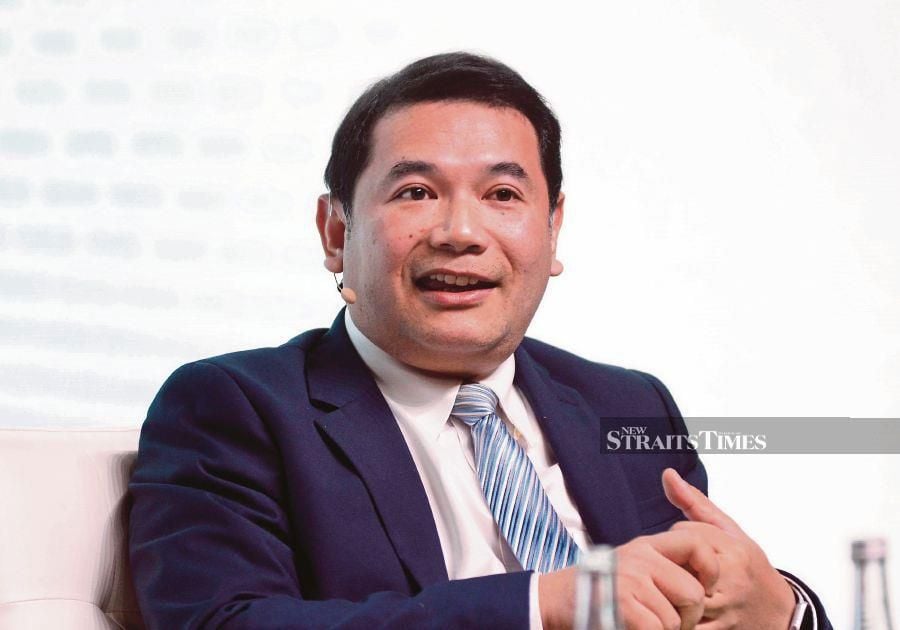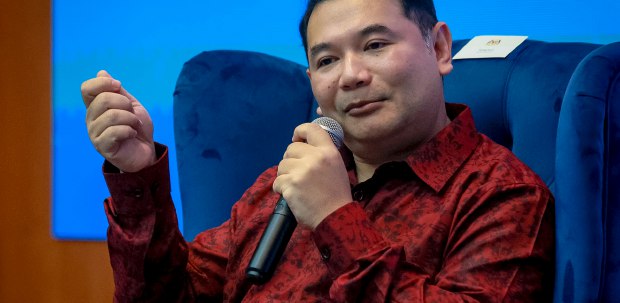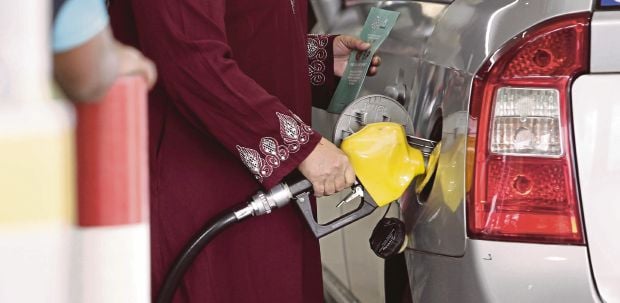KUALA LUMPUR: The Malaysian economy will be at stake if energy sustainability issues, including those related to gas and petrol, remain unresolved.
Economy Minister Rafizi Ramli also warned that the country could end up becoming dependent on other nations for natural energy resources by 2050 if current practices continued.
This included maintaining bulk subsidy policies, inefficient energy usage, and a reliance on coal and natural gas for electricity generation.
"Current figures indicate that Malaysia only produces around 380,000 to 390,000 barrels of crude oil per day compared with 650,000 barrels per day in the past.
"The use of natural gas in Peninsular Malaysia for electricity generation and as an industrial feedstock has also surpassed domestic production," he said in a video posted today.
Rafizi added that Malaysia imported about 25 per cent of the natural gas needed for power generation in the peninsula from foreign countries last year.
The rate of natural gas imports is expected to rise this year and will continue to increase if the energy transition does not occur more rapidly.
He said Petronas employees in Kerteh, Terengganu, for example, were well aware that the capacity of their natural gas processing plants had been partially reduced due to the decreasing availability of natural gas.
"These are facts that we may not prefer to acknowledge. It's easier to dismiss them as someone else's problem to be solved by others at another time. However, it will be our children who inherit these problems in 10 to 20 years from now.
"In this context, the Economy Ministry will continue to focus on building the nation's energy sustainability towards 2050 because our economic independence is at stake if this issue is not addressed."
Thus, he said as part of the process of restructuring the economy towards higher value-added activities, the primary focus of his ministry was to prioritise the energy transition agenda as the main driver of the country's economic policy.





